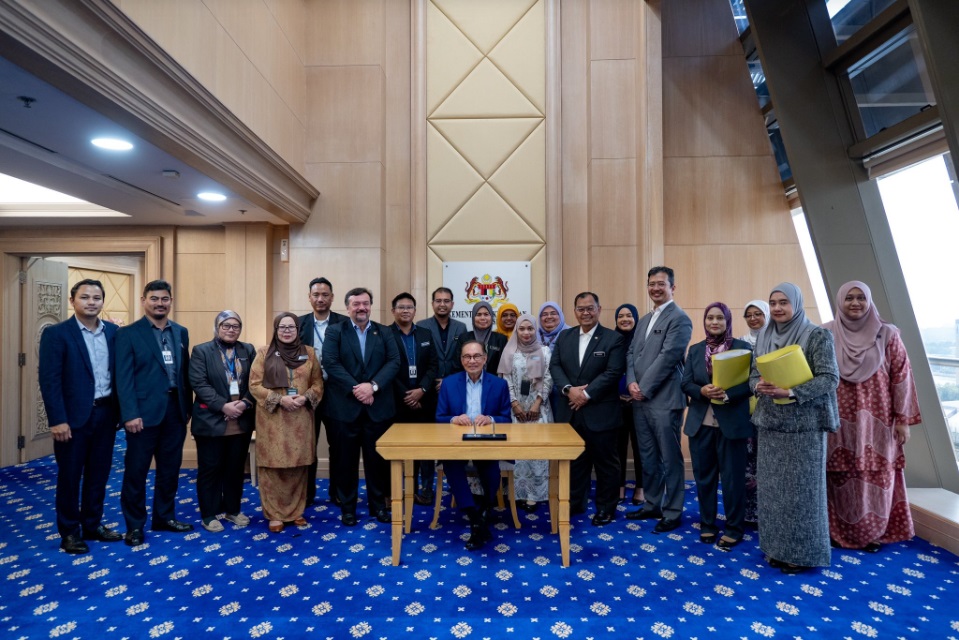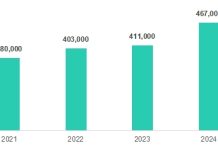
The Malaysian MADANI government plans to address the issue of inflation in the nation’s Budget 2025, which will be tabled on 18 October 2024.
The country’s Prime Minister Datuk Seri Anwar Ibrahim said that while the prices of goods like edible oil, petrol and flour are relatively cheaper in Malaysia compared to regional peers, there remains a need to focus on improving income levels.
“The level of income has not increased, (despite) an increase in productivity or investments. We must address this issue; that is what I have done with the civil service. We raised civil servants’ salaries which have been largely ignored for the last 12 years.
“I think there should be some pressure to increase income levels because even though there are concerns about prices, it is because of low wages,” Anwar said in an interview with international news agency, CNBC.
Earlier in October, Anwar announced a 15 percent increase for civil servants in the implementing, management and professional groups and a 7 percent increase for those in top management, which will be implemented in phases starting 1 December 2024 (phase 1) and 1 January 2026 (phase 2).
Meanwhile, the Department of Statistics Malaysia (DOSM) reported that the country’s inflation rate in August 2024 moderated to 1.9 percent year-on-year, slightly below expectations.
According to DOSM, the inflation was driven by increases in restaurant and accommodation services (3.2 percent), personal care, social protection and miscellaneous goods and services (3.2 percent), housing, water, electricity, gas and other fuels (3.1 percent) and recreation, sports and culture (2 percent).
Additionally, the government also plans to continue invest in improving the quality of life for Malaysians by achieving its gradual fiscal consolidation target by reducing national debt.
When the MADANI government came to power, it inherited the country’s debt of RM1.5 trillion with the annual fiscal deficit reduced to 5 percent of gross domestic product (GDP) in 2023, down from 5.6 percent in 2022.
Currently, the national debt stands at 64 percent of GDP, with the government aiming to reduce the figure to at least 60 percent in stages.

“The annual fiscal deficit is gradually declining, (along with) borrowings, which have gone to RM93 billion in 2023, and (with a target of) RM86 billion this year. While this is quite substantial, it is not enough,” he said.
Anwar further emphasised that while the government has set targets to reduce the fiscal deficit and national debt, it will continue to invest in areas such as education, public health and infrastructure.
Among others, Anwar also reiterated the government’s commitment to bolstering the country’s palm oil industry by engaging various sectors of society and industry players ahead of the Budget 2025 presentation on 18 October 2024.
From those efforts, he said that several critical issues were addressed such as foreign worker shortages, low palm oil production rates and enhancing downstream activities to secure long-term sustainability of the industry.
Ultimately, Anwar expressed optimism regarding the Malaysian Budget 2025 with the belief that it will strengthen the economic framework and promote equitable distribution.














